
Unknown Mortality Rate: Why We Don’t Know the True Scale of COVID-19
Demographers have been thrust to the frontlines of the world’s efforts to evaluate the coronavirus pandemic, but so far without any weapons. Lacking data, they cannot reliably assess the situation. And this is despite the fact that the Internet, it would seem, is flush with statistics. A webinar hosted by the HSE International Laboratory for Population and Health discussed the paradoxes of quantitative approaches to COVID-19. IQ.HSE spoke with webinar participants Vladimir Shkolnikov, Inna Danilova, and Dmitry Jdanov.
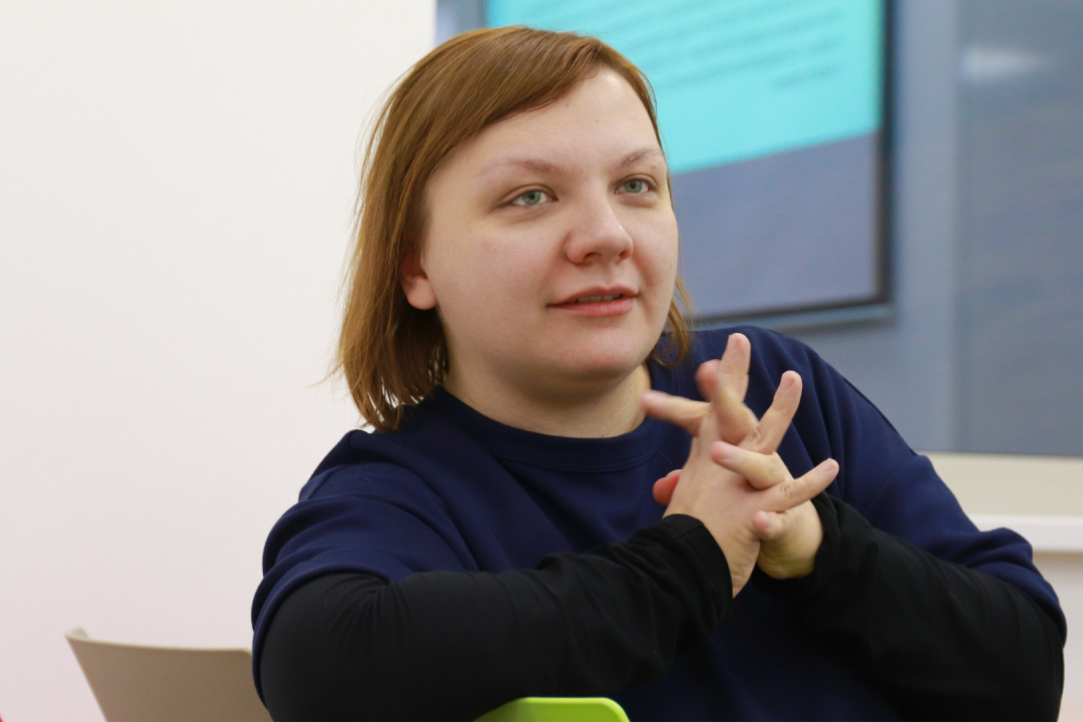
‘We Might Be in for an Anti-Digital Backlash’
The ‘digital age’ of education did not just dawn — it burst upon us like a tsunami. Long-term, systematic strategies for the transition to online learning have been swept away by global problems, and primarily the COVID-19 pandemic and measures for stopping it. In this Op-Ed, Institute of Education research fellow and Russian post-doc recruiter Daria Shcheglova tells IQ.HSE how some students might have been overlooked in the feverish rush to digitalize education.
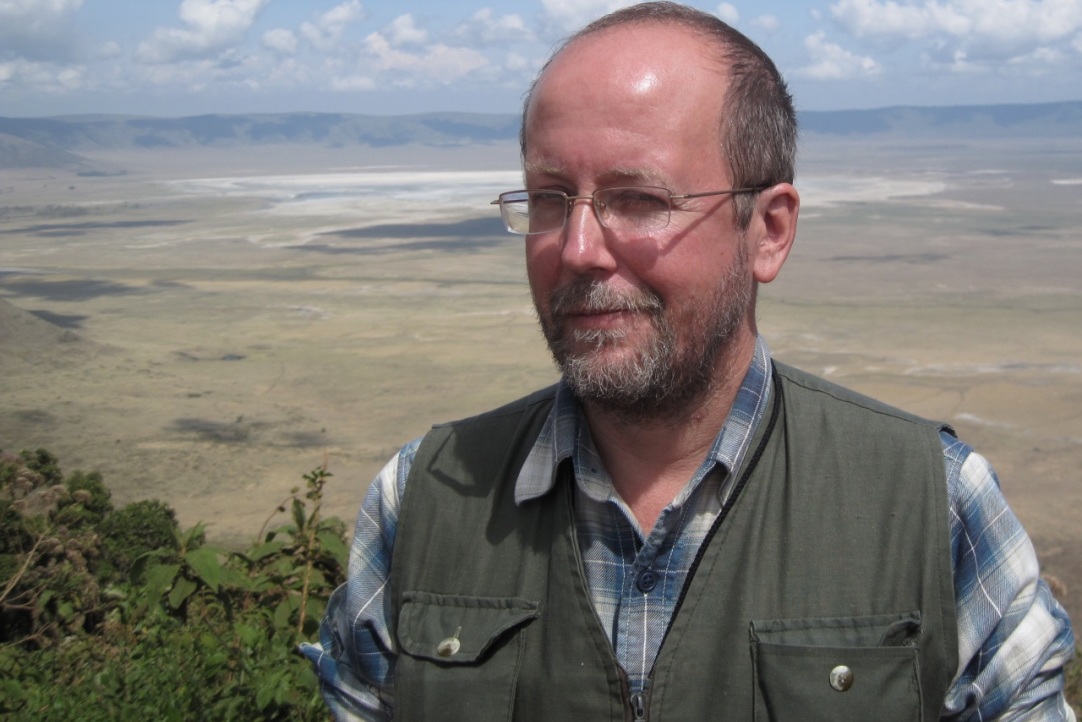
‘We Live in a Decelerating World’
The seemingly high rate of technological growth is illusory: the world is slowing down and will continue to do so long into the future. HSE scholars predict that the ‘technological singularity’ will occur in 2106 and that, contrary to what some expect, it will not mark the apotheosis of progress. Here, Andrey Korotayev, Leading Research Fellow, Head of the HSE Laboratory for Monitoring the Risks of Socio-Political Destabilization and a co-author of this study tells IQ.HSE why global acceleration is now a thing of the past, prognosticators are unafraid of ‘black swans,’ and the coronavirus will not rewrite human history.
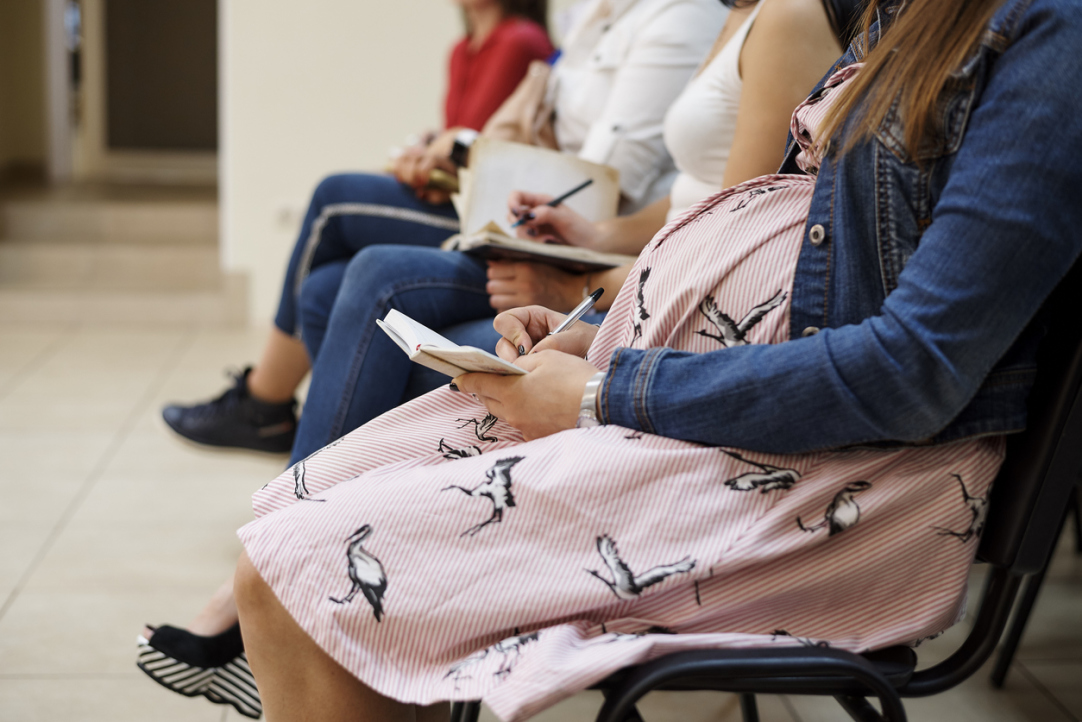
How Many Children Is Enough?
Most Russians would like to have two children: a boy and a girl. The others fall between the two extremes of either wanting no children (at least for now) or planning to have three or more. Having a large family is often associated with affluence. The reasons for having another child are many, from wishing to strengthen the family bond and teach older children to care for younger siblings to hoping that the maternity subsidy may help the family improve their housing situation. A HSE demographer used data from a sample of 15,000 respondents to study reproductive attitudes in Russia.

Degree from Home: The Difference between Online and In-person Learning for Technology Students
The Covid-19 pandemic has forced universities to switch to online learning, which will probably foster the development of online higher education. HSE University researchers joined forces with their American colleagues to demonstrate that online learning at university can be as effective as traditional in-person education. Their research used the example of technology disciplines.

Divorce According to Plan: Who Ends Relationships Most Often—And Why
Citing data from Russia’s largest international sampling study, HSE demographers have shown that women are more likely than men to consider divorce and are more determined to end their marriage. They also found that young couples are more likely to be unhappy with their relationship. The report was prepared for the XXI April International Academic Conference on Economic and Social Development at HSE University.

Fashion Designers in a Country of Shortages
Why was there always a shortage of fashionable clothing in the USSR? What was the typical career path for a Soviet fashion designer? Who had power and influence in the socialist fashion industry? HSE Associate Professor Yulia Papushina examined these questions by reconstructing the everyday life of the Perm Fashion House during the late socialism era. Her study is the first to look into the recent history of clothing design and manufacturing in Russian provinces.
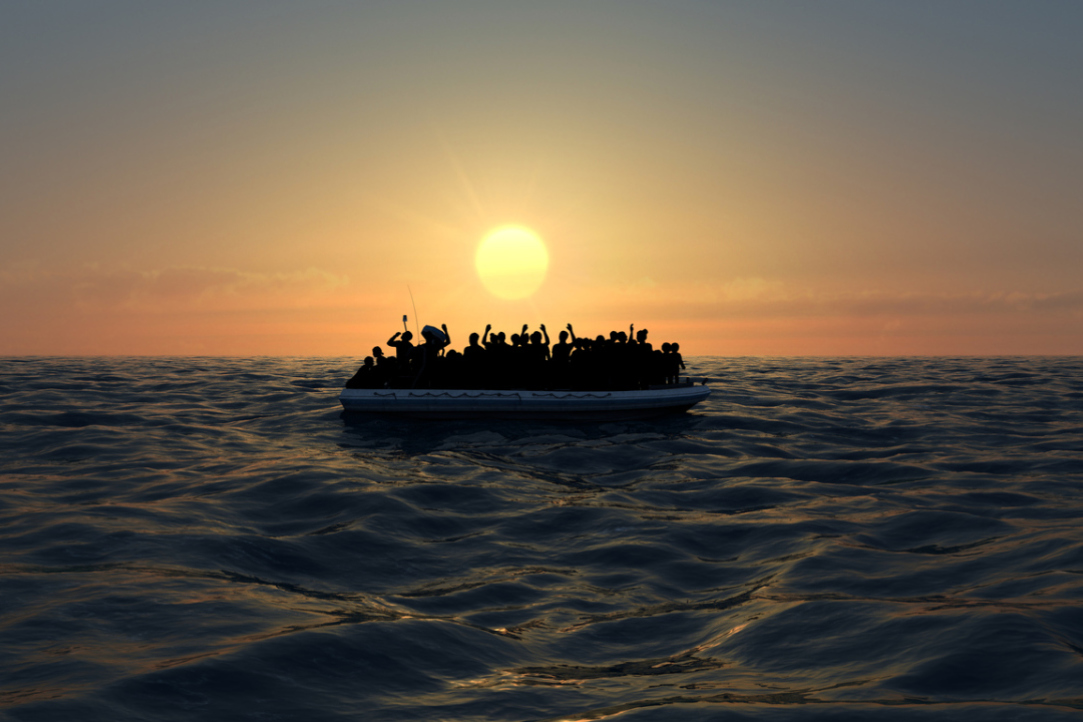
It's All about Social Capital
Multiple factors determine how well immigrants can adapt to living in a new country. According to research, the key factors are social capital, i.e. having friends who can help with housing, employment and other basic needs, and the immigrant's approach to becoming part of their new community and culture (i.e. acculturation attitudes and strategies). A team of HSE researchers examined the relative importance of social capital and acculturation strategies for successful adaptation of immigrants from Central Asia and South Korea living in Moscow.
.jpg)
The Caucasus without a Cap
Global warming has caused the total area of more than 600 Greater Caucasus glaciers to drop by approximately 16%, according to an international research team that includes Stanislav Kutuzov, geographer from HSE University. Glaciers without rock debris coverage have decreased more than those with debris coverage.
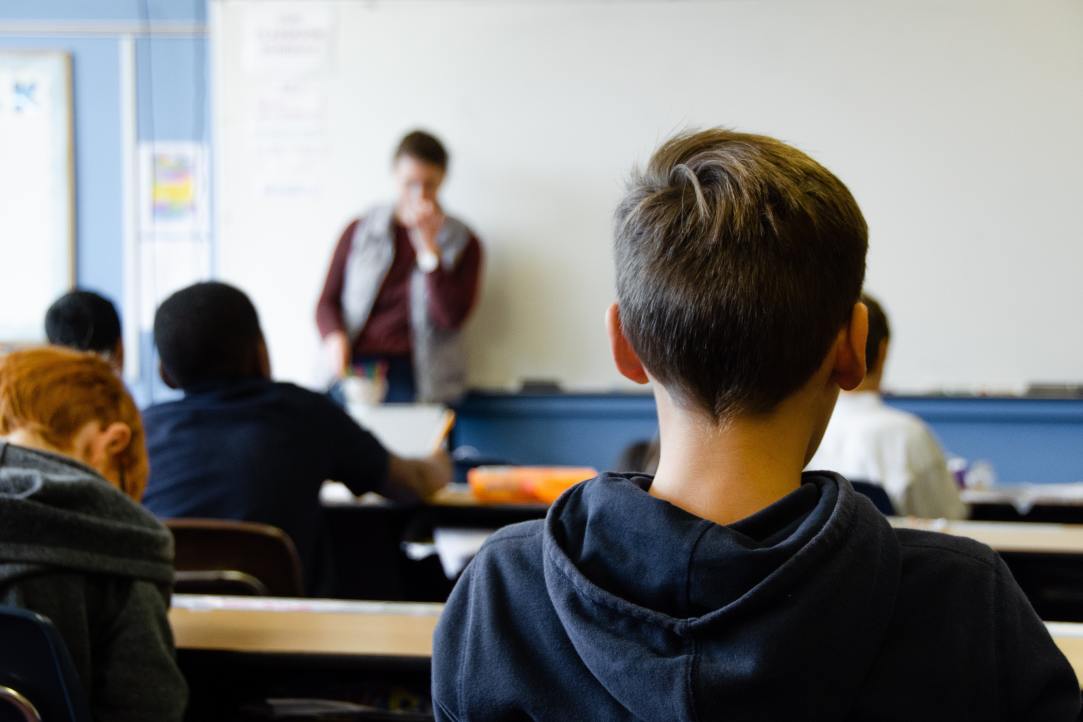
Unequal Access Codes: What Helps and What Hinders Access to Good Education in Russian Regions
Researchers at the HSE Institute of Education have used regional data to describe, for the first time in Russia, how inequality in access to education affects different parts of the Russian Federation. The research findings reveal that the key determining factors are the local economy and the proportion of people with a university degree: urbanised regions with well-developed economies and educated inhabitants are more likely to have good-quality schools, with a large proportion of students scoring highly in the Unified State Exam and going on to university. In contrast, poorer regions with low human capital see many of their school students drop out after the 9th grade, limiting their chances of further education.

